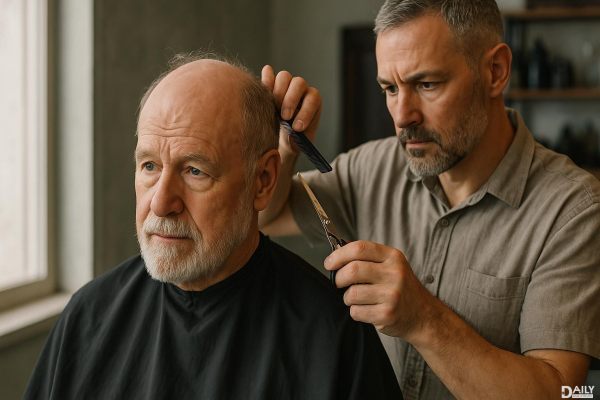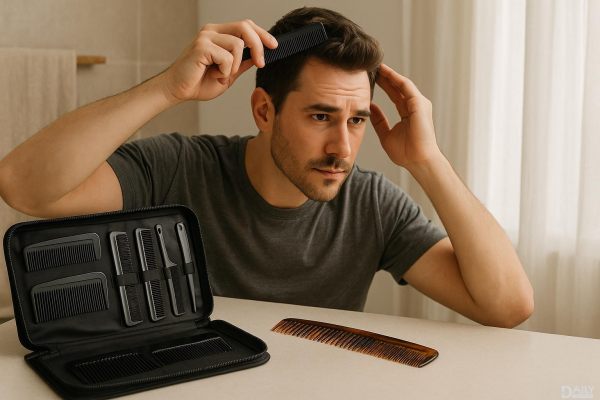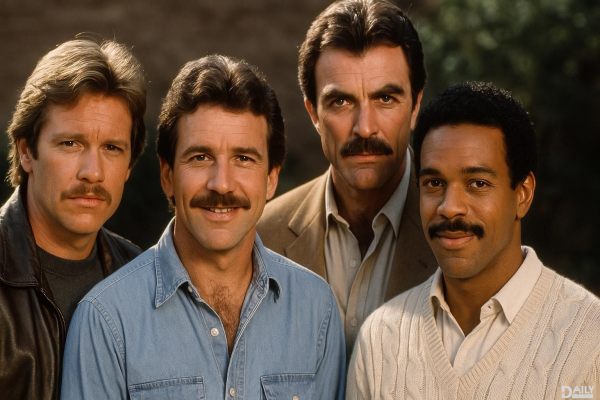Absolutely, it's okay for men to cry—no ifs, ands, or buts about it. Crying isn’t a sign of weakness; it’s a natural, healthy way to process emotions. Yet, society has long pushed this outdated idea that men should "man up" and suppress their feelings. That kind of thinking doesn’t just hurt emotional well-being—it can actually take a toll on physical health, relationships, and overall happiness. So let’s break down why crying is not just acceptable but necessary, and how men can embrace emotional vulnerability without shame.

For decades, pop culture and societal norms have glorified the stoic, unshakable man—the guy who never sheds a tear, no matter what life throws at him. But here’s the truth: that archetype is more fiction than fact. Research shows that suppressing emotions leads to higher stress levels, increased risk of anxiety and depression, and even weakened immune function. Bottling up feelings doesn’t make you tougher—it just means you’re carrying an unnecessary emotional burden. Crying, on the other hand, releases built-up tension, reduces stress hormones, and helps reset your emotional equilibrium. So if anything, letting tears flow is the real strength move.
From a young age, boys are often taught that crying is "for girls" or that it makes them look weak. These messages stick, creating a mental block against emotional expression. But biology doesn’t discriminate—men have the same emotional wiring as women, including tear ducts that serve a purpose beyond allergies and chopping onions. The reluctance to cry isn’t innate; it’s learned. And unlearning it is crucial because emotional suppression can lead to explosive outbursts, emotional numbness, or chronic stress. The good news? More men are challenging these norms, proving that vulnerability doesn’t diminish masculinity—it enhances it.
Crying isn’t just an emotional release—it’s a physiological response with real benefits. Emotional tears contain stress hormones like cortisol, meaning you’re literally flushing out tension when you cry. Studies also show that crying triggers the release of endorphins, the body’s natural painkillers, which can improve mood afterward. Plus, shedding tears in front of others can strengthen social bonds by signaling trust and authenticity. So if you’ve ever felt better after a good cry, there’s solid science backing that relief. It’s not just "getting it out"—it’s your body doing what it’s designed to do.
If crying feels foreign or uncomfortable, start small. Acknowledge your emotions first—journaling, therapy, or even talking to a trusted friend can help normalize vulnerability. Practice self-compassion; remind yourself that feeling deeply is human, not a flaw. For some, watching emotional movies or listening to music can help unlock pent-up tears in a low-pressure way. And if societal judgment is a concern, remember: the people who matter won’t think less of you for being real. The more you allow yourself to feel, the more natural emotional expression becomes.
When men embrace crying and emotional openness, it doesn’t just benefit them—it shifts culture. Sons learn that feelings aren’t shameful, partners feel safer sharing their own emotions, and friendships deepen through mutual vulnerability. Breaking the stigma around men’s tears creates healthier families, workplaces, and communities. So the next time you feel the urge to cry, don’t fight it. Let it flow. Because real strength isn’t about holding back—it’s about having the courage to feel fully.
At the end of the day, crying is as human as breathing or laughing. It’s time we stop treating it like a taboo and start recognizing it for what it is: a vital part of emotional health. So guys, grab the tissues if you need them—your mind and body will thank you.
























